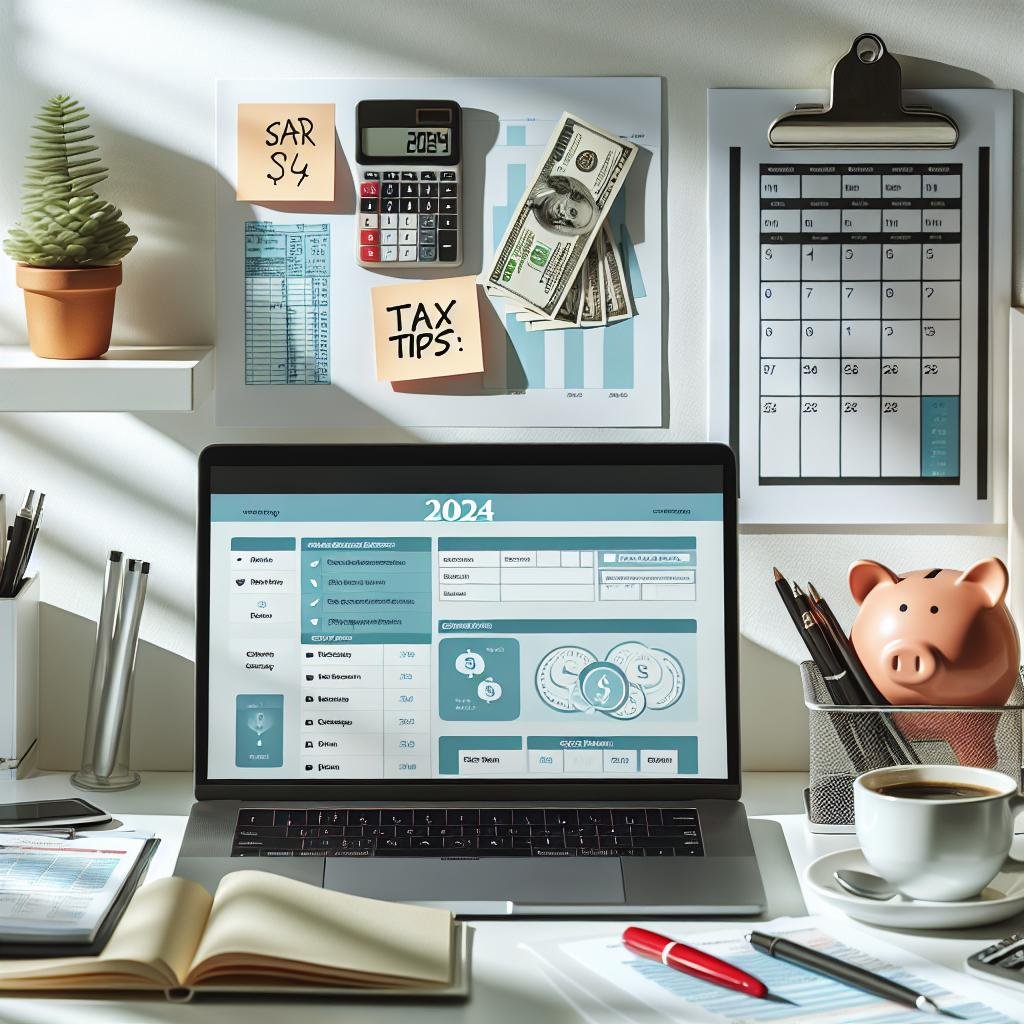
Maximize Your Refunds and Minimize Errors This Tax Season
Tax season can be daunting, especially for Personal Finance beginners trying to navigate forms, deductions, and deadlines for the first time. But whether you’re a seasoned saver or just starting on your financial wellness journey, understanding how to file taxes smarter in 2025 can lead to substantial savings and fewer headaches.
The IRS has introduced several updates this year, and failing to stay informed could mean missing out on valuable credits or even triggering penalties. With that in mind, here are seven essential tax filing tips to help you file confidently, avoid costly mistakes, and keep more of your hard-earned money.
1. Use Direct Deposit for Faster Refunds
If you’re expecting a tax refund in 2025, the fastest and safest way to receive your money is through direct deposit. This method typically takes less than three weeks—even faster if you file electronically instead of by paper.
Tip: Provide your bank routing and account numbers on your tax return to ensure a smooth deposit. Avoid delays caused by incorrect bank info or paper checks lost in the mail.
2. File Electronically to Reduce Errors
When it comes to filing your tax return, accuracy matters. Using IRS-approved e-filing software helps catch common mistakes like math errors, missing signatures, and incorrect Social Security numbers.
Many of these platforms also offer step-by-step guidance, making them perfect for beginners. More importantly, e-filing offers quicker processing than mailing your return.
3. Leverage Free Filing Options
If your income is under $79,000, you’re eligible to file federal taxes for free through the IRS Free File program. Many private tax software companies participate, making it easy and affordable to file correctly.
Additionally, some taxpayers may qualify for Volunteer Income Tax Assistance (VITA), which includes in-person support. This is a great resource for those who speak limited English or have disabilities.
4. Know Your Deadlines – and Don’t Miss Them
The IRS deadline for filing your 2024 taxes is April 15, 2025. However, if you live in Maine or Massachusetts, you have until April 17 due to state holidays.
If you can’t file on time, request a six-month extension—but remember, this only delays your paperwork, not your payment. To avoid penalties and interest, make an estimated payment by the April deadline.
5. Double-Check Updated Tax Credits and Deductions
This year, several tax credits and deductions have changed. For example, the Child Tax Credit has been adjusted and may be smaller compared to pandemic-era relief.
Key Updates to Watch:
- Earned Income Tax Credit (EITC): Still offers benefits for low-to-moderate income households but eligibility may shift based on income and dependents.
- Student Loan Interest Deduction: Still in effect for qualifying borrowers, but be sure your lender provides the necessary forms.
- Energy-Efficient Home Credits: If you made green upgrades like installing solar panels or energy-efficient windows, you may qualify for the expanded energy credit.
6. Don’t Overlook Side Gig or Freelance Income
With the rise of gig economy jobs and freelance work, more Americans are earning income outside of W-2 employment. But that income still needs to be reported.
If you received payments through apps like Venmo, PayPal, or Etsy, you may get a 1099-K form. Remember to track your business expenses to reduce taxable income.
Pro Tip: Utilize tax software tailored to self-employed filers to find eligible deductions like home office costs and mileage.
7. Stay Vigilant Against Tax Scams
Each year, new tax scams emerge—tricking people into sharing sensitive data or paying fake IRS bills. In 2025, email phishing and refund fraud remain high-risk areas.
The IRS will never contact you via phone, email, or social media to request personal information. Always use official IRS.gov links, and consider using multi-factor verification with any e-filing apps or financial logins.
Conclusion: Take Control of Your Tax Filing This Year
Filing taxes doesn’t have to be overwhelming. By staying organized, leveraging free resources, and understanding the latest tax updates, you can save money and avoid costly errors in 2025.
Want to boost your financial literacy year-round? Explore our Personal Finance hub for budgeting tips, debt management strategies, and investment guidance tailored for beginners and enthusiasts alike. Start taking control of your financial future—one smart choice at a time.